Need help settling in Copenhagen? Rukun Munshi has made a solution to help international students in Denmark
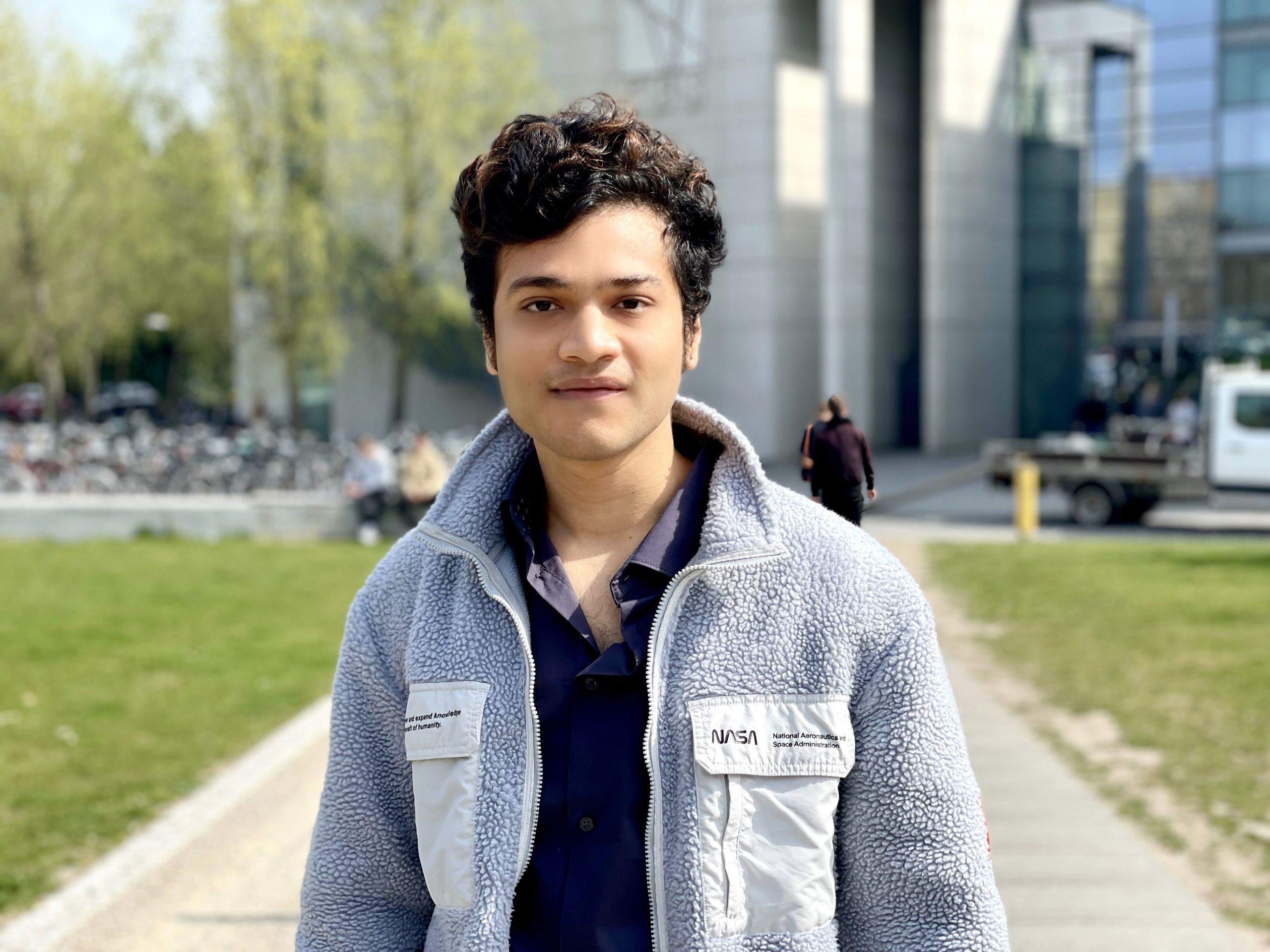
“It took me one year to realize how I was able to do this and how I used all the resources at CBS to become what I am now,” explains Rukun Munshi. (Photo: Ida Eriksen)
A lot of international students are struggling getting settled when they move to Copenhagen. Now a group of innovative CBS students has founded their own company called HOOSET, which aims to help students with all the practicalities necessary for living in Copenhagen.
Rukun Munshi is in the final semester of his master’s in e-business, and soon he will be let out into the wild to find a job. Or so you would think.
While some dream about becoming an astronaut or working for a fancy consultancy, Rukun Munshi knew he was meant to be an entrepreneur. And so, finding a job meant creating an opportunity to be self-employed.
“When I moved to Denmark, I decided to do this – my goal was to be an entrepreneur. I’ve experienced working for other people in real estate and trade and have a background in IT, but I didn’t want to go back there. I just wanted to change lines.
From there, it took me quite a while. To be specific, it took me one year to realize how I can do this and how I can use all the resources at CBS to become what I am now,” explains Rukun Munshi.
But to become an entrepreneur, you have to be blessed with an idea worth pursuing. An idea that comes naturally and solves a real problem. An idea that can potentially change the rules of the game. Once you have that idea, it becomes almost impossible to ignore it.
“The idea started with me and my friend, Thomas Andersen. We were walking in the city center and started talking about how housing in Copenhagen is a problem for international students and students in general. It’s really hard to find an apartment. So, we thought, let’s try and make an app or a website that can enable international and exchange students to find housing.
“But it turns out that just starting a housing service is really hard because there are so many competitors in the market, and it is very chaotic. If you want to shoot an arrow, it never goes straight. We had to adapt and innovate, and we needed help with that,” elaborates Rukun Munshi.
After the two friends Thomas Andersen and Rukun Munshi started playing with the idea, Diego Alvarez, Rukun Munshi’s classmate, reached out offering help, and together they founded HOOSET.
“In a nutshell, HOOSET helps international students with every integration process and service they require when moving to Denmark,” explains Rukun Munshi.
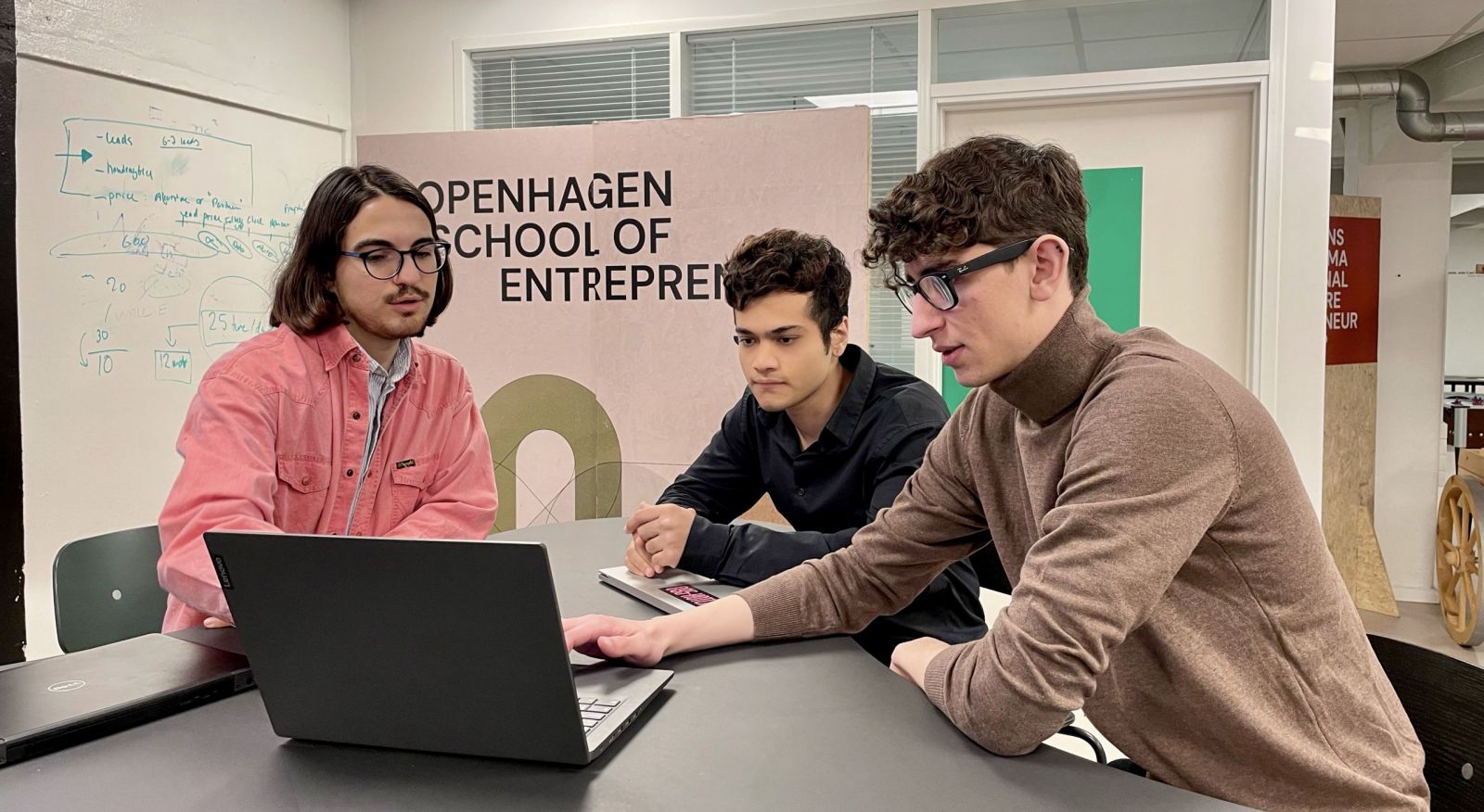
The Problem: Moving to Copenhagen can be a pain in…
Is moving to Denmark as an international student really so hard? Yes! As an international student I can promise you that. And Rukun Munshi, Thomas Andersen and Diego Alvarez are not the only people who know this. Rukun Munshi and Diego Alvarez have been through the process themselves:
“I went to India to study for my bachelor’s, and then I moved to Denmark because my family is here and found a good study place. It was a tedious process because of all the documents I didn’t even know I needed.
“Diego Alvarez, my co-founder, is also an international student from the United States. He went through many of these processes, and so it’s amazing having him on the team,” says Rukun Munshi.
In a nutshell, HOOSET helps international students with every integration process and service they require when moving to Denmark
Rukun Munshi
The solution: Who said HOOSET?
What is so hard about moving to Denmark other than finding housing? Some of you might not know.
The others will tell you that being an international student in Denmark means standing 3 hours in line to get your permit, just to stand another 4 hours in line to get your CPR, just to be told you need a NemID to log in to all public services anyway.
But it can be even worse. You could not know you have to do all these things. The problem is obvious, and as it turns out, the solution might be too.
“What people moving to Denmark need is primarily advice about what, where and when to get the right permits, documents, loans, etc., which is why we offer three kinds of help. One is a kind of free help. If you go on our website right now and scroll, you’ll see ‘check out our free light guide’. The light guide is a step-by-step guide with basic information about all the necessary documents and integration you need. Such as a CPR number and NemID,” says Rukun Munshi and adds:
“And if you want us to help you by phone or email, there’s an option on our website where you can write your email and ask for help. Then we’ll reach out to you with different packages”.
The first package offers free guidance. The second package is an extended version of the free guide and, for example, includes information about which grocery shops are cheapest. It also includes help via phone and email.
The last package offers service in person, where I’ll put my hours in and review every piece of documentation with you and make sure that you’re ready to go, he elaborates.
“The whole that we have right now pivoted from the initial idea about housing. The change was made easily and quickly because we have had help from the Copenhagen School of Entrepreneurship,” explains Rukun Munshi.
Once you have a great idea and find a group of people who need help, the question is: Now what? Where do you even start? But Rukun Munshi found a solution to that as well:
“I did an internship at my own company at CSE (the Copenhagen School of Entrepreneurship) for three months. It included a lot of business development meetings, getting help from different startup peers and just connecting and developing business ideas into an early-stage startup. This was the goal of my internship and the pivotal moment that transformed HOOSET from housing into an integration service.”
If you want to become an entrepreneur or are interested in what entrepreneurs do and you are a student, you should use the resources your school offers.
Rukun Munshi
The secret to starting a business: Utilizing all you get
Starting a business is hard, but starting a business alone is almost impossible. Asking for help and offering help are the signs of a great entrepreneur. Rukun Munshi understands the vital importance of both actions. CSE has helped him on his way, and he is not short of advice for aspiring entrepreneurs:
“If you want to become an entrepreneur or are interested in what entrepreneurs do and you are a student, you should use the resources your school offers.
“Especially if you are a student at a business school, such as Copenhagen Business School, you have so many resources and peers who want to help you with what you’re doing. I didn’t even know CBS has CSE and that it’s free.
“Whether you know what you want or don’t have a clear idea, you can go to CSE workshops and events where people talk about how you can start a business. It helps a lot if you don’t have an idea yet, and for those of you who believe you are onto something, there are a lot of accelerator programs for startups. And there are also, of course, events and workshops happening at the University of Copenhagen, the Technical University of Denmark and CBS that you can attend even if you’re not a student.
My greatest advice is: Use these resources,” tells Rukun Munshi.
But starting your own business is not only about meetings, workshops, charts, graphs, MRRs, ties, suits and fancy shoes. Like Rukun, you might just find it is a lot more about people, connections, making mistakes, asking for help and learning about yourself:
“Growing my business at CSE has significantly improved my confidence. I can talk with people more easily and in a very different, professional way. It expanded my network and gave me experience beyond business. So even if your startup doesn’t work out, you’ll still have achieved so much in a short time.
“There’s a quotation that says 9 out of 10 startups fail. So, you can always start a new one, and nothing is lost. In the worst-case scenario, you’ll have to start 10,” says Rukun Munshi with a smile.
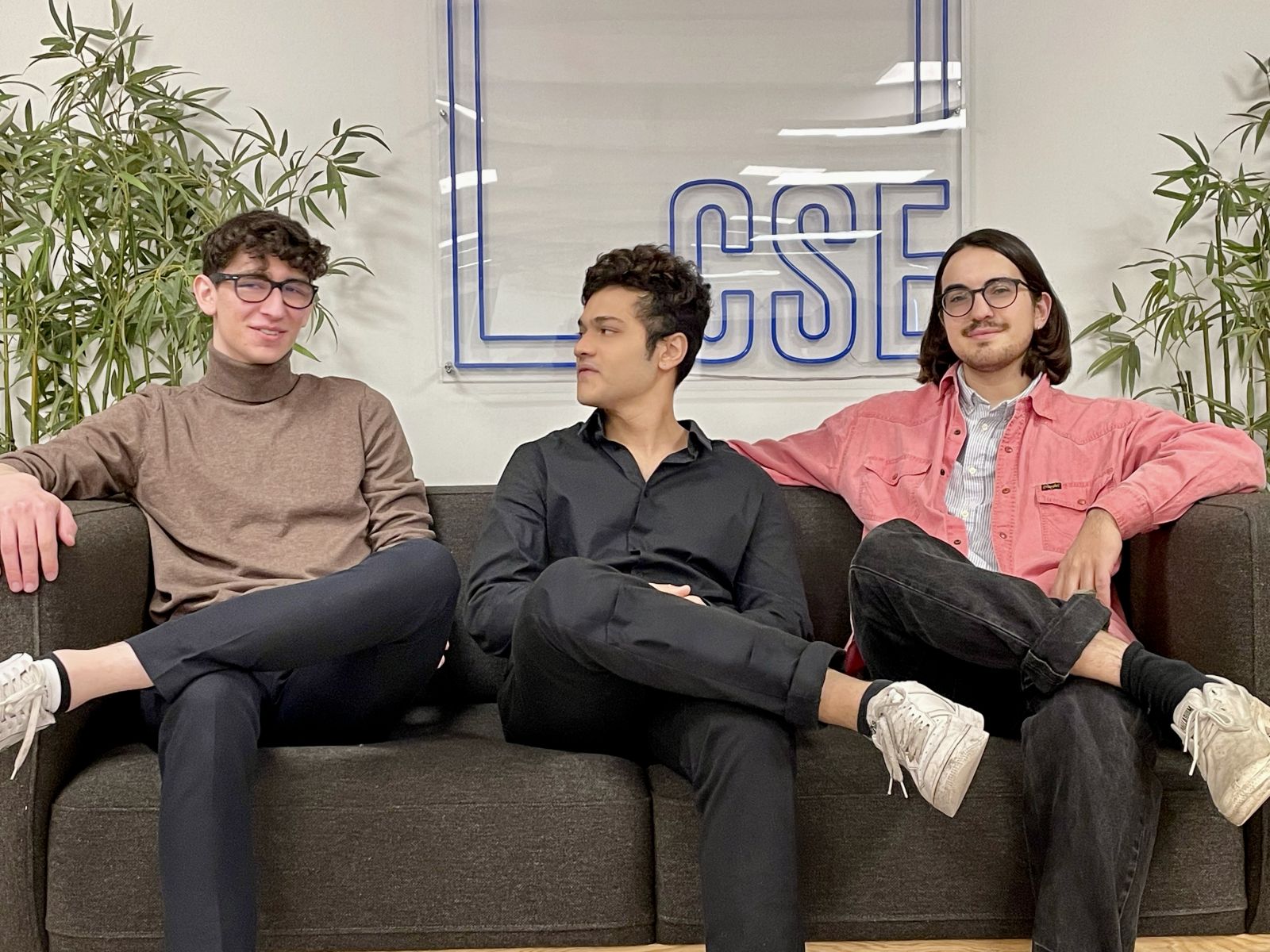
The conclusion: At the end of the tunnel
“I’m writing my master’s thesis right now. So, I’ll be done in a few months. You could say I am at the end of the tunnel of my student life,” Rukun Munshi points out.
“But I feel like I have already learned so much with the help of CSE. In your master’s, you get to learn the theories, but you don’t get to use them in real-life situations as a student. You don’t get to use your knowledge until you’re done with your education. But, by joining CSE, I was able to do exactly that and become a real-life entrepreneur as a student. And I don’t think that would have been possible if I hadn’t done my internship at my own company.”



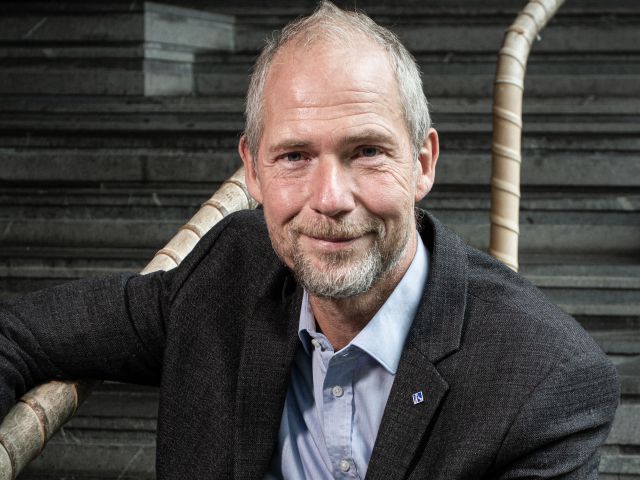
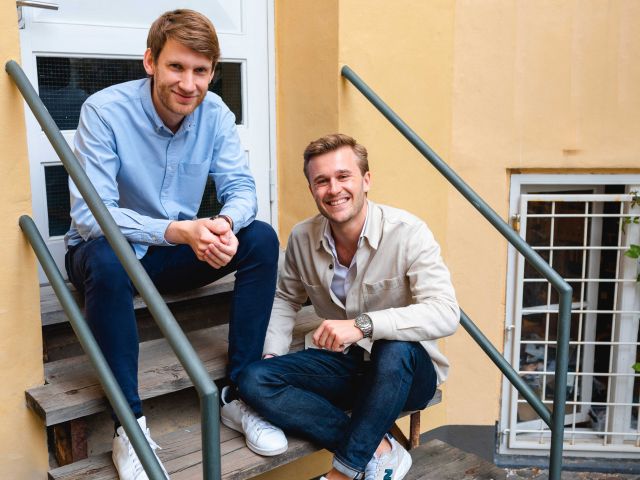


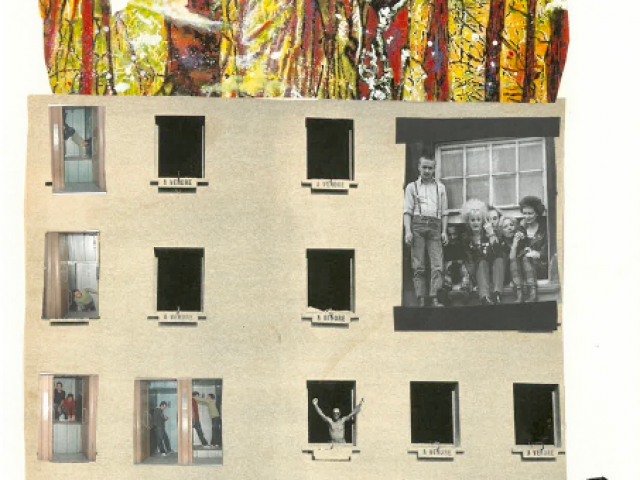
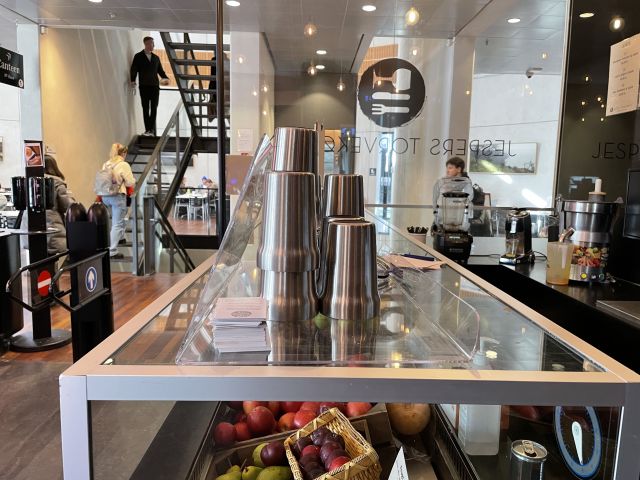
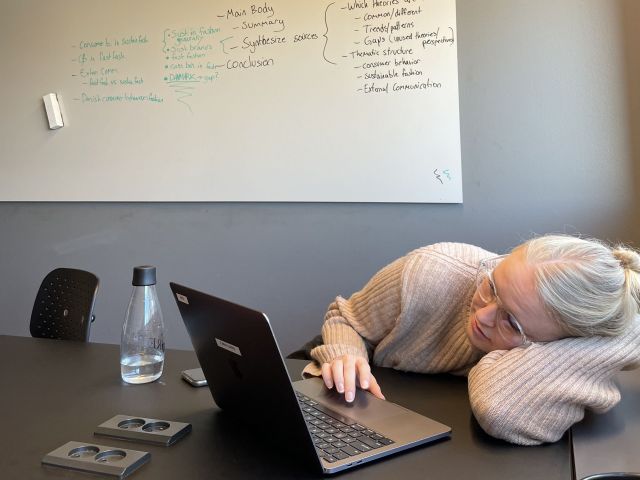
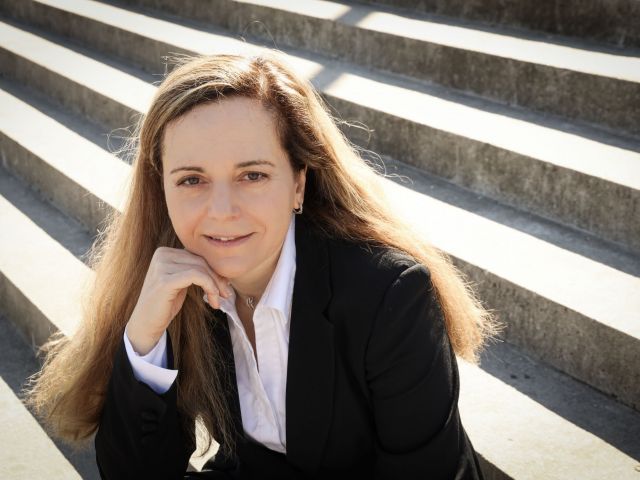





























































































































Comments